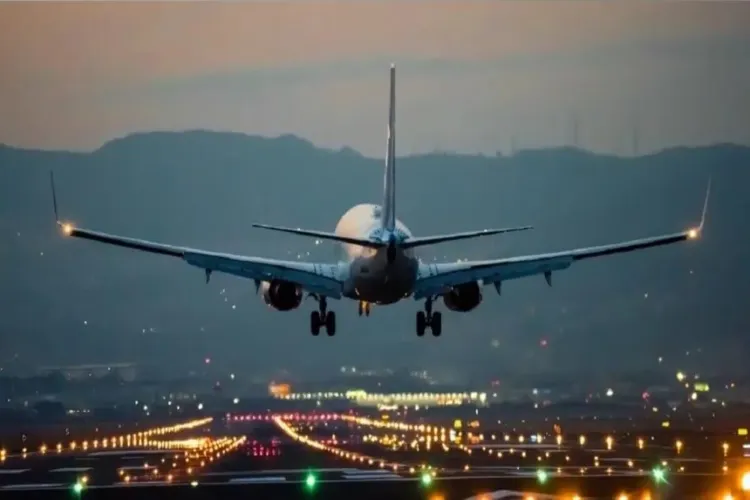
New Delhi
In a significant move to enhance India's aviation safety framework, the Directorate General of Civil Aviation (DGCA) has launched a comprehensive special audit initiative under General Safety Circular 01 of 2025, announcing the rollout of a Comprehensive Special Audit initiative aimed at providing a 360-degree assessment of the nation's aviation ecosystem.
The initiative reflects a strategic shift from the conventional silo-based oversight system to an integrated, risk-informed, performance-driven model of regulatory auditing & DGCA's commitment to fostering a safe, efficient, and sustainable aviation environment. By integrating global best practices--including those from the International Civil Aviation Organisation (ICAO), the Universal Safety Oversight Audit Programme (USOAP), and India's National Aviation Safety Plan--the audits will assess compliance, operational performance, and system resilience across all facets of the aviation industry.
This audit will proactively identify systemic vulnerabilities and strengthen resilience across India's aviation sector.
Unlike routine checks, the special audits will apply to a broad spectrum of stakeholders, ranging from scheduled and private air operators to maintenance firms, training institutions, air navigation providers, and ground handlers. Even supporting elements such as emergency systems and technology vendors fall within its scope, underlining DGCA's ambition for a truly end-to-end evaluation.
The document reads, 'The Special Audit applies to all primary aviation entities, including scheduled, non-scheduled, and private air operators, Maintenance, Repair, and Overhaul (MRO) organisations, Approved Training Organisations (ATOs), Flying Training Organisations (FTOs), Air Navigation Service Provider (ANSP), Aerodrome Operators, and Ground Handling Agencies (GHAs).
Additionally, it encompasses supporting elements such as technology providers, emergency response systems, supply chain networks, and regulatory coordination bodies. This broad scope ensures a holistic evaluation of the interconnected components that define the aviation ecosystem.
Audits will be carried out by multidisciplinary teams led by senior DGCA officials and supported by subject-matter experts from various aviation domains. The assessment will include document reviews, on-site inspections, staff interviews, and analysis of safety data trends.
Findings will be classified by severity, with deadlines for corrective action ranging from 7 to 90 days. Entities will be required to submit a corrective action plan within 15 days of the audit's conclusion, and failure to comply could lead to escalating enforcement, from warnings and fines to suspension of licenses.
The audit process is divided into three phases. The Pre-Audit Phase (5-7 days) involves intelligence gathering, stakeholder consultation, risk profiling, and audit plan development. The On-Site Audit Phase (3-5 days) includes an opening meeting to clarify objectives, followed by document reviews, inspections, interviews, process observations, and daily debriefs to discuss preliminary findings. The Post-Audit Phase (10-15 days) encompasses finding validation, risk assessment, final report preparation, and publication.
This structured process ensures transparency and stakeholder engagement throughout, as mentioned in the document.
The audits may be triggered by critical incidents, regulatory violations, or international findings, but they will also be scheduled proactively, including annual ecosystem-wide reviews. The DGCA has committed to transparency, confidentiality, and due process throughout the audit lifecycle, including provisions for appeal.
READ MORE: Winds of change: Stories of quiet revolution in Jammu & Kashmir
With this new framework now in immediate effect, DGCA aims not only to meet international standards but to set them. The agency sees this initiative as central to building a world-class aviation infrastructure that is resilient, accountable, and future-ready.
